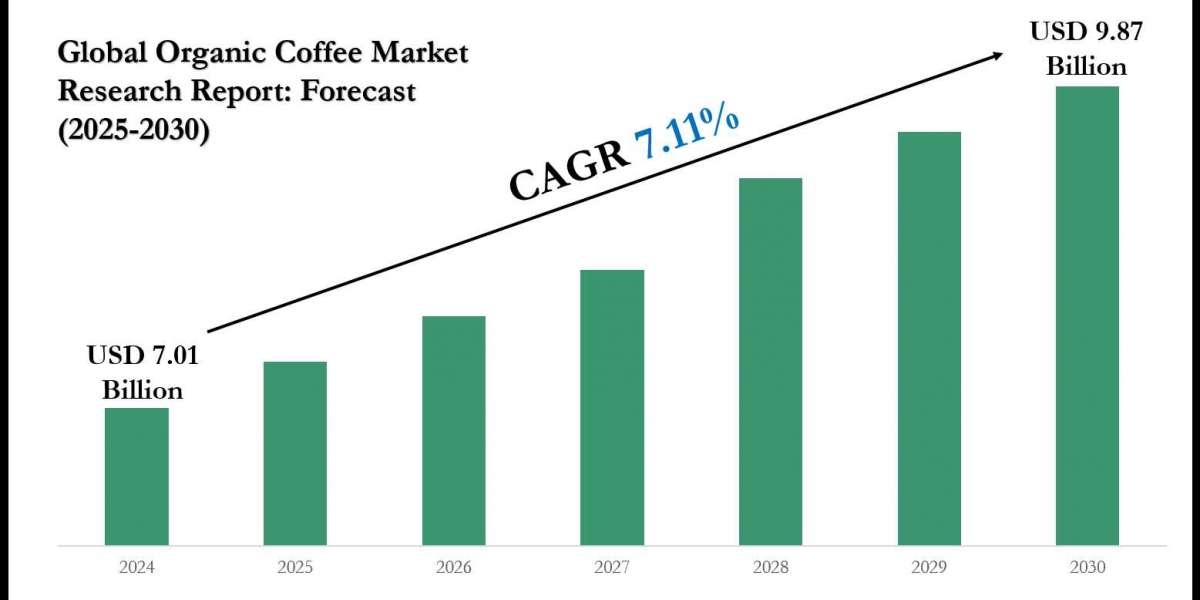All kinds of businesses today depend on receiving secure supplies of raw materials and compounds. In manufacturing, pharmaceutical, agricultural and cosmetic industries, chemical importers are vital since they regularly supply chemicals that meet all standards, without disruptions and at reasonable prices.
If you are involved in finding rare compounds or wish to expand your distributors’ inventory, you should understand the role of chemical importers.
What Are Chemical Importers?
A chemical importer is often a private corporation that is responsible for ordering, shipping and delivering chemicals from suppliers outside the country into to domestic country. Chemical importers serve as a link between foreign suppliers and local customers, and these companies will conduct business negotiations with suppliers, handle the logistics of getting the product to the customer in compliance with regulations, and make sure that there is compliance with legal, safety and environmental requirements.
Examples of functions and roles of chemical importers:
Sourcing chemicals, both bulk and specialty
Navigating international trade regulations
Managing customs, departure permits, shipping and logistics
Dealing with safety compliance for chemicals that may be considered hazardous
Why Businesses Use Chemical Importers
Using experienced and reliable chemical importers makes it easier for businesses:
1. Access to international markets
Importers can provide supplies from a wider geographical range (if allowed) and access to a larger inventory of chemicals including rare compounds and high-performance raw materials.
2. Cost Reduction
Often when buying from a large international manufacturer, it can lower your cost, particularly if you are ordering in bulk.
3. Quality Control
Reputable importers have already gone through the due diligence to vet their suppliers to show quality and regulatory compliance.
Compliance and Safety is Paramount
Working with chemicals (especially hazardous) means you need to follow very tight regulatory frameworks. Importers of chemicals need to meet compliance regulations including:
REACH (Registration, Evaluation, Authorisation and Restriction of Chemicals) within the EU
GHS (Globally Harmonized System) for labelling and safety
Local requirements like the Australian Dangerous Goods Code
For compliance, importers also must make sure they:
Provide the right documentation and customs clearance
Adhere to correct storage and transport methods
Have the most recent safety data sheets (SDS) and labels
Characteristics of a Good Importer for Chemicals
Before you commit to an importer, please check their credibility using this checklist:
✅ Industry credentials (ISO, GHS compliant, etc.)
✅ Solid international supplier network
✅ Transparent pricing and contracts
✅ Evidence of success for other clients
✅ In-depth understanding of compliance as it relates to domestic and international regulations.
Common Problems with Chemical Importation
While there are many potential advantages to importation, and there are ways to mitigate the risks, it doesn't come without its problems that highly trained and experienced professionals often handle well:
Shipping Delays: Customs-related hold-ups and global logistics issues related to transportation
Regulatory Changes: Continuous transformation of trade policy
Handling Hazardous Materials: The risk associated with moving potentially flammable, toxic, or corrosive chemicals
Currency Freight Fluctuations: The volatility in these markets can impact the total cost.
Selecting the Right Chemical Importer
You can use this checklist when considering a possible chemical importer:
✅ Do they specificially focus on chemical category that you need?
✅ Can they guarantee a timely delivery?
✅ Are they able to be transparent with documentation and compliance?
✅ Do they provide quality assurance or an "after-the-fact" contact post delivery?
A skilled importer doesn't just deliver goods - they often become a trusted partner in the supply chain.
Emerging Outlook for Chemical Importing
As demand for chemicals grows world-wide, the future of chemical importing is turning towards:
? Green chemistry and sustainable imports
? Smart logistics employing AI and blockchain
? Sourcing diversification to reduce geopolitical risks
Summary
Selecting the right chemical importer can determine whether you experience business continuity or disruption. A good partner offers you access to proper chemicals, direction in a world of compliance, and security in your supply chain.







